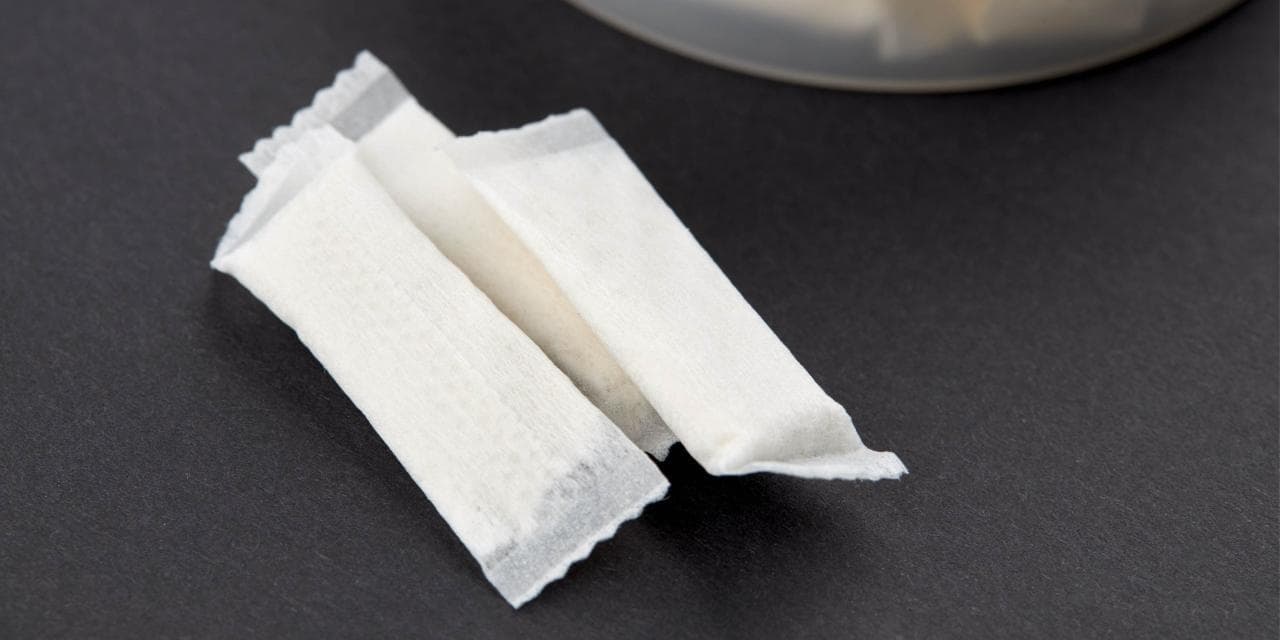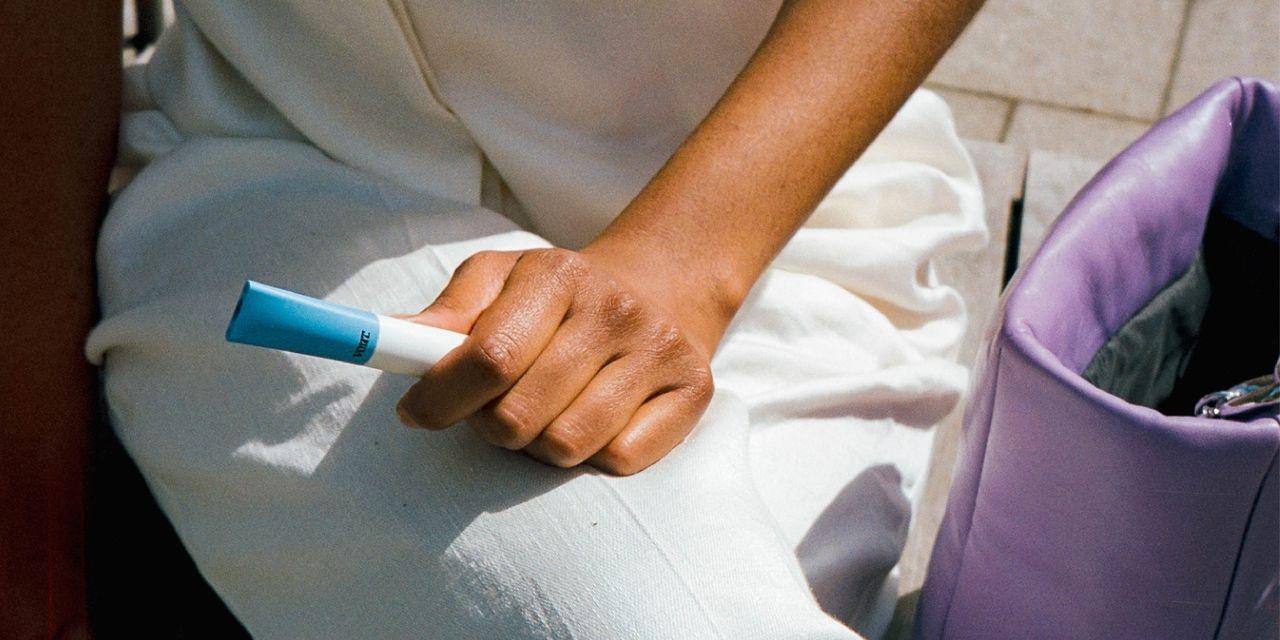
Can nicotine pouches cause cancer?
The Vont Team
A recently published article in the Norwegian daily newspaper Romsdals Budstikke aimed to draw attention to the fact that all research presented is not necessarily scientifically correct, and that there is a risk of research results being interpreted in biased ways to support certain research agendas. The tip for readers, in order to determine whether research studies are scientifically correct or not, it is important to be critical of the results and review the study's methodology and results before drawing conclusions. This discussion regarding studies and their use by politicians and activists to promote their own agenda has been previously written about, in 2005 the article "Why Most Published Research Findings Are False" was published by Stanford professor John Ioannidis.
The discussion resumes even today and most recently when a new research, under the auspices of FHI, the Cancer Registry and the Norwegian Work Environment Institute (Bendik Brinchmann & Co), claims to show a clear connection between tobacco- and nicotine pouch (snus) use and cancer in the study. Looking at the study more closely, we are informed that it has been investigated in a connection between the use of snus and 15-20 forms of cancer, and reaches the conclusion that the theoretical method is not up to the mark as all previous research has used statistical tests to show significance for the association, but are not based on fair research groups.
An examination of questionable study results
In summary, the article points out that the research refers to tests and results that Brinchmann & Co have not even carried out themselves, but that they have collected results from previous studies from the last 20-30 years where most of the studies research the connection between snuff use and pancreatic cancer. According to the most recent study with the largest numerical material to research and most accurate estimates, 2017, finds no connection between pancreatic cancer and snuff use.
What is highlighted is how Brinchmann & Co actively chose to use studies that promote their agenda, which they themselves admitted as well, and that too few connections have been possible to draw to claim that the use of snus and the risk of cancer correlate with each other. In previous studies, it has been shown that 20 people who use snus developed pancreatic cancer out of a total of 37,755 snus-users, but this was later said to be a false positive result as the follow-up time was not sufficient. The same study was done 10 years later, with a follow-up period of 9 years after the test and showed results of no association between the two.
During 2017–2021, the three strongest studies with the most data were published, studied by Marzieh Araghi. The studies do not result in any connection between the use of snus and cancer cases, but something that was discovered, which is suspected to be false positive correlations, was that the use of snus shows a lower risk of oral cancer but a slightly higher risk of rectal cancer – which is questioned in the article considering where one places snus for use and claims that there is no logical explanation for this demonstrated probability.
In conclusion, we would like to announce that research studies should be executed and perceived from an objective perspective, and that as a reader you should be critical of the research that shows results, wants to promote their own agenda. And the conclusion from these studies is that no connection can be concluded between snuff use and cancer.
Be the first to be informed about new arrivals.
Get the latest information
Be the first to be informed about new arrivals and receive a 10% discount on your next purchase.
